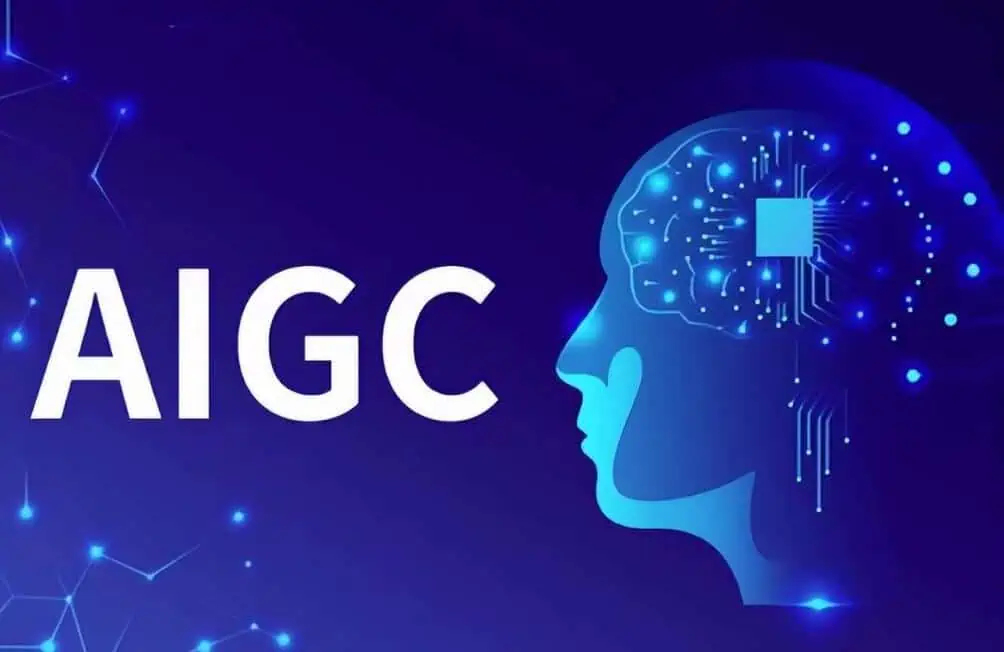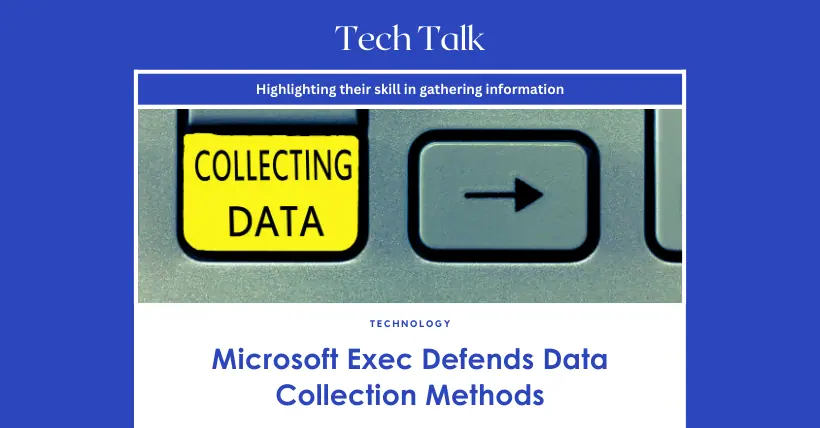In recent years, more and more content owners (including websites, media, and artists) have publicly criticized certain AI companies for unethical behavior, accusing them of forcibly collecting their owned content to train AI models without authorization, thus infringing on ownership rights.
At the forefront of these criticisms is OpenAI and its largest shareholder, Microsoft, who have been severely accused by multiple content owners of infringing ownership rights and are facing several related lawsuits.
Previously, we have shared many such examples, but rarely has the criticized party responded. Here, we share the latest news on this matter.

Recently, Mustafa Suleyman, head of AI at Microsoft (pictured above), responded to this issue in a media interview. He said:
“I believe that for the various content already open and existing on the internet, the prevailing default rule since the 1990s is that anyone can reasonably use it. Anyone can copy and reuse it, effectively treating it as free software, which is our understanding.”
His logic is very similar to the popular saying on the Chinese internet: “Why repay money borrowed by skill?” They are quite analogous.

Suleyman’s remarks immediately caused an uproar, with many experts expressing opposition. Some experts noted that in the U.S., both written and artistic works are automatically protected by copyright. Ownership does not lapse just because the work is published online, nor does it mean the author has abandoned their rights. This viewpoint is incorrect.
Furthermore, OpenAI and Microsoft themselves have not adhered to the “prevailing default rules.” Many content websites have directives in their robots.txt files prohibiting scraping, which OpenAI and Microsoft have ignored, continuing to forcibly scrape content for training their AI models.
Of course, Suleyman’s statement is one-sided and has not been endorsed by the U.S. judiciary. It remains uncertain how the judicial system will rule on the multiple ownership infringement lawsuits faced by OpenAI and Microsoft. These rulings will be crucial indicators.
Overall, relying solely on industry norms and “gentlemen’s agreements” is no longer sufficient to address these issues. The judiciary should promptly establish and improve relevant laws and regulations to fairly and effectively protect the interests of all parties.

Disclaimer: This article is created by the original author. The content of the article represents their personal opinions. Our reposting is for sharing and discussion purposes only and does not imply our endorsement or agreement. If you have any objections, please get in touch with us through the provided channels.








